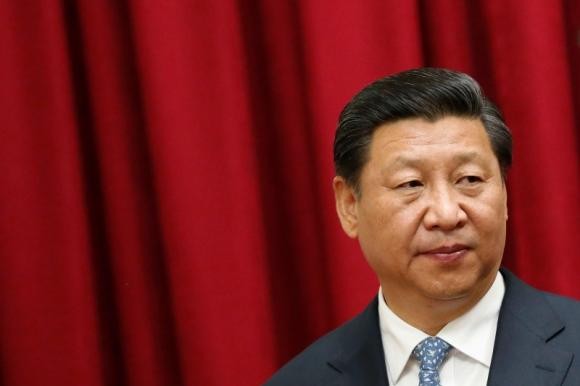The visit of Chinese President Xi Jinping to the U.S. on Tuesday kicked off with meetings with tech firm executives, which the experts considered as his move to persuade the Obama administration to not retaliate against China.
For years now, the country was accused of alleged hacking and theft of intellectual property. Nonetheless, the Chinese government has repeatedly denied the claim.
Xi will be advancing this strategy as he convenes a private meeting with 15 U.S. tech firm CEOs, including Apple Inc.'s Tim Cook and Microsoft Corp.'s Satya Nadella, and with 15 CEOs from their Chinese counterparts.
For Peter Singer, an international relations scholar, "the timing of this meeting is a baller move, the location of it is a baller move, the mere act of convening it was a baller move."
"Diplomacy is not merely about action, it's about signaling and creating or disrupting coalitions and alliances," he added.
At stake on these deals include the allowing of currently banned U.S. firms from doing operations in China and the Obama administration's threat of import restrictions against the country.
The said sanctions are an attempt to stop the theft of around $300 billion worth of intellectual property per annum, which according to a report from the Commission on the Theft of American Intellectual Property, is mostly done by hacking U.S. firms' most sensitive systems.
Asked for comments, the Chinese Embassy did not respond.
Despite the political landscape, many U.S. tech companies are eyeing to expand their growth in China. However, barriers await these firms, including China's demand that U.S. businesses must host their data inside the country and submit to Chinese laws.
However, another barrier looms, as stated by experts, who claim that the Obama administration is ready to get serious about giving "economic" pain" to China should it not stop hacking into U.S. firms.



























